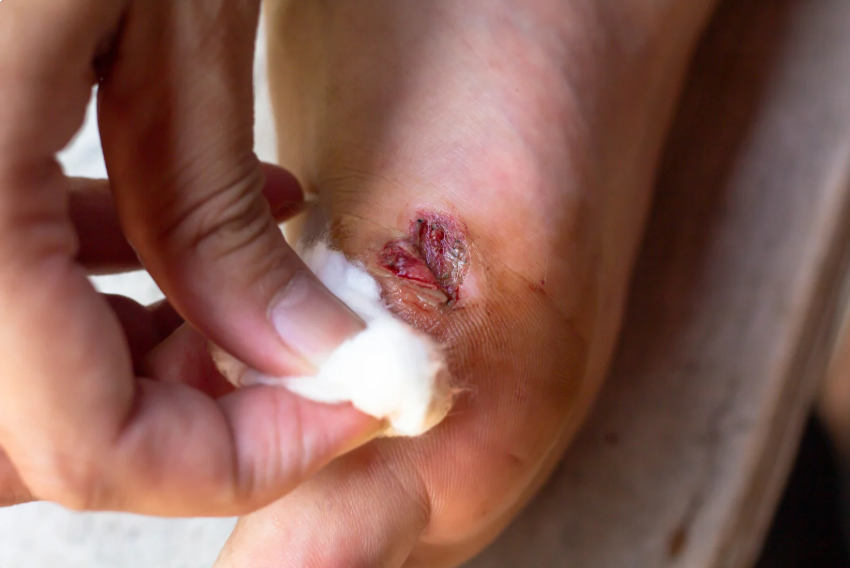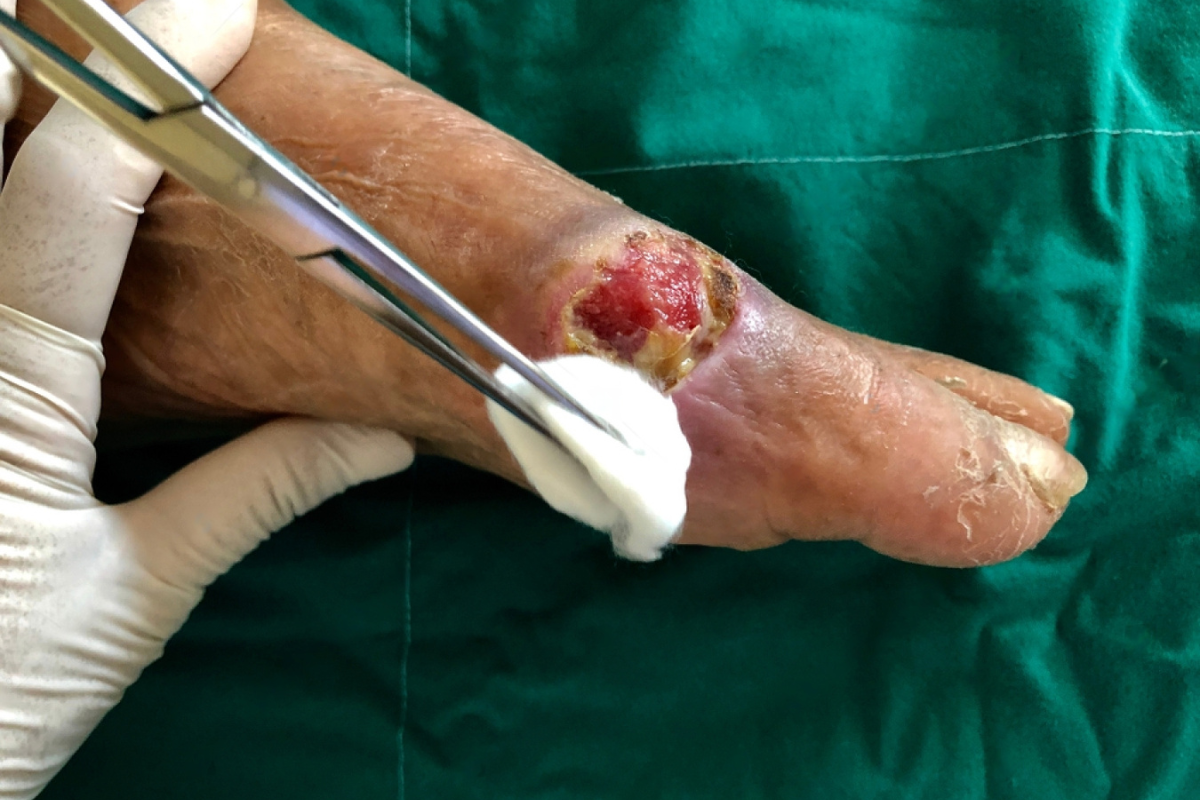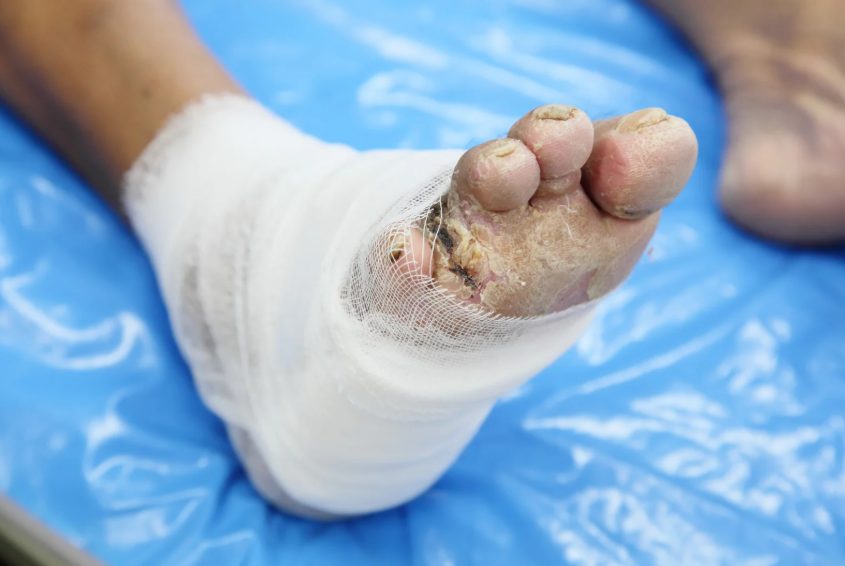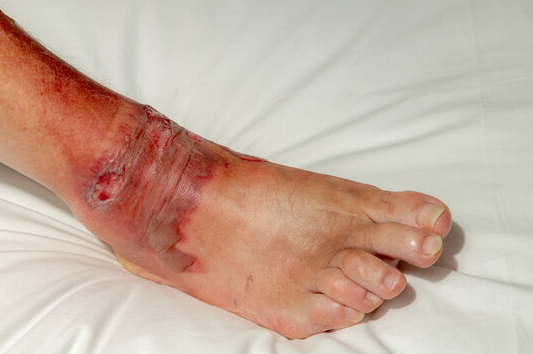Knee pain is a prevalent issue among Singaporeans, affecting individuals of all ages and backgrounds. Whether it stems from age-related wear and tear, sports injuries, or lifestyle factors, knee pain can significantly impact mobility and quality of life. Fortunately, physiotherapy offers effective solutions for managing knee pain and regaining mobility. In this blog post, we’ll delve into the importance of seeking professional help, explore how physiotherapy addresses knee pain, highlight tailored physiotherapy programs for Singaporeans, share real-life success stories, offer tips for finding the right physiotherapist in Singapore, and ultimately empower readers to take proactive steps towards overcoming knee pain.
1. Understanding Knee Pain in Singapore:
Recent studies have shown that knee pain is a widespread issue in Singapore, affecting individuals across different age groups. According to the Singapore National Health Survey, musculoskeletal conditions, including knee pain, are among the top health concerns reported by Singaporeans. Factors such as an aging population, sedentary lifestyles, and increasing rates of obesity contribute to the prevalence of knee pain in the country.
Common causes of knee pain among Singaporeans include osteoarthritis, ligament injuries, meniscus tears, patellar tendinitis, and overuse injuries. Additionally, lifestyle factors such as excessive sitting, lack of exercise, and poor posture can exacerbate knee pain symptoms.
The impact of knee pain on mobility and daily life cannot be understated. Individuals experiencing knee pain may find it challenging to perform simple activities such as walking, climbing stairs, or even standing for prolonged periods. As a result, knee pain can significantly impair quality of life and limit participation in social and recreational activities.
2. The Importance of Seeking Professional Help:
While it may be tempting to self-diagnose and self-treat knee pain, seeking professional help is essential for accurate diagnosis and effective treatment. Ignoring knee pain or relying solely on home remedies can lead to worsening symptoms and long-term complications.
Physiotherapy plays a crucial role in the management of knee pain, offering non-invasive and holistic treatment options. Physiotherapists are trained to assess musculoskeletal conditions, identify underlying causes of knee pain, and develop personalized treatment plans to address individual needs.
3. How Physiotherapy Addresses Knee Pain:
Physiotherapy employs a variety of techniques to address knee pain and improve mobility. These may include:
- Manual Therapy: Hands-on techniques such as joint mobilization and soft tissue massage help alleviate pain, improve joint mobility, and restore function.
- Exercise Therapy: Tailored exercise programs focusing on strengthening, flexibility, and proprioception help improve muscle strength, joint stability, and overall function of the knee.
- Electrotherapy: Modalities such as ultrasound, electrical stimulation, and laser therapy may be used to reduce pain and inflammation, promote tissue healing, and enhance recovery.
- Education and Self-Management Strategies: Physiotherapists provide education on proper body mechanics, ergonomic principles, and lifestyle modifications to prevent further injury and manage symptoms effectively.
4. Tailored Physiotherapy Programs for Singaporeans:
Physiotherapists in Singapore understand the unique needs and lifestyles of their patients and tailor treatment programs accordingly. Whether it’s designing exercise routines that can be performed at home or incorporating specific cultural considerations into treatment plans, physiotherapy programs are personalized to optimize outcomes for Singaporean patients.
5. Tips for Finding the Right Physiotherapist in Singapore:
When choosing a physiotherapist in Singapore, it’s essential to consider factors such as qualifications, experience, location, and specialization. Seeking referrals from trusted sources, such as family physicians or friends who have undergone physiotherapy, can also help identify reputable practitioners. Additionally, scheduling an initial consultation allows patients to discuss their concerns, goals, and expectations with the physiotherapist before committing to treatment.
Takeaway
Knee pain is a prevalent issue that can significantly impact mobility and quality of life for Singaporeans. Physiotherapy offers effective solutions for managing knee pain, improving mobility, and enhancing overall well-being. By seeking professional help, individuals can receive personalized treatment plans tailored to their needs, empowering them to overcome knee pain and regain active, pain-free lives.
The tailored approach of physiotherapy for knee pain Singapore ensures effective rehabilitation and improved quality of life for patients.












